What is Supply Chain Intelligence?

In an increasingly regulated and scrutinized fashion sector, visibility alone is no longer sufficient. Brands must be equipped to understand, structure, and act on supply chain data. This is the goal of supply chain intelligence — a critical capability that transforms raw information into strategic decision-making tools.
What Is Supply Chain Intelligence?
Supply chain intelligence refers to the ability to collect, structure, and analyze supply chain data in order to guide business decisions. It extends well beyond visibility by enabling brands to generate actionable insights.
This intelligence supports:
- The identification of risk zones across geographies or suppliers
- The optimization of sourcing strategies based on impact and performance
With these in-depth insights, brands can take proactive control of their supply chains, making confident, data-driven decisions with greater precision and transparency.
Why It’s Becoming Essential in Fashion
The complexity of globalized fashion supply chains makes them particularly vulnerable to risks, whether regulatory, environmental, or reputational.
Recent and upcoming regulations such as the Ecodesign for Sustainable Products Regulation (ESPR), France’s AGEC law, and the Corporate Sustainability Reporting Directive (CSRD) are raising the bar for transparency and compliance. Brands are expected to know their supply chains, prove due diligence and communicate verified data.
At the same time, consumer expectations are evolving, showing that ethical and environmental performance must be demonstrable, traceable, and embedded into brand strategy.
The Pillars of Supply Chain Intelligence
To support this transformation, supply chain intelligence rests on four foundational pillars:
1. Traceability
The ability to track each product component, from raw material to finished item, across every tier of the supply chain. Traceability forms the basis for transparency and accountability.
2. Data Structuring
Gathering reliable, standardized, and comparable data from multiple suppliers and production sites is essential. Structured data enables meaningful analysis and alignment with regulatory requirements.
3. Analysis & Monitoring
Once collected, data must be analyzed to reveal environmental and social impact indicators. These include CO₂ emissions, water consumption, labor practices, and other risk factors.
4. Decision Support
Intelligence is only valuable when it informs action. Well-analyzed data can guide procurement decisions, inform ecodesign choices, support compliance efforts, and help mitigate risks.
How Supply Chain Intelligence Drives Impact
Equipped with accurate, structured data, brands can make tangible progress across multiple dimensions:
- Environmental performance: simulating the impact of design choices in real time to reduce CO₂ emissions or resource use
- Risk diversification: identifying dependencies and proactively expanding the supplier base
- Regulatory alignment: consolidating the data required for reporting obligations under the CSRD, ESPR, or AGEC laws
Supply chain intelligence supports continuous improvement. It enables brands to build resilience, reduce impact, and stay ahead of both market expectations and legal obligations.
From Raw Data to Strategic Asset
Despite growing awareness, many brands still face common challenges: fragmented data, lack of supplier engagement, or limited internal coordination.
A pragmatic approach can help overcome these barriers:
- Map your supply chain, even if partially — visibility is the first step
- Prioritize data quality, focusing on key products, materials, or suppliers
- Invest in the right tools to centralize, structure, and analyze information effectively
Crucially, this process requires cross-functional collaboration between CSR, sourcing, product design, and legal teams. Only with aligned objectives and shared data can brands transform compliance into a lever for strategic value.
Building a Smarter, More Transparent Fashion Industry
In summary, supply chain intelligence enables fashion brands to move from complexity to clarity. By leveraging structured data and traceability, companies can better anticipate risks, align with new regulations, and improve their environmental and social impact.
To support this shift, Fairly Made has launched a dedicated supply chain intelligence module — designed to turn data into actionable insight. This new feature allows brands to:
- Identify uncertified factories and map certification compliance
- Evaluate potential risks with a dedicated risk assessment dashboard
- Check sourcing transparency at every tier of the supply chain
- Analyze raw material origins and assess preferred fiber ratios
With clear, structured, and strategic information, brands can make informed decisions and ensure responsible sourcing — from raw material to finished product.






.png)

.svg)